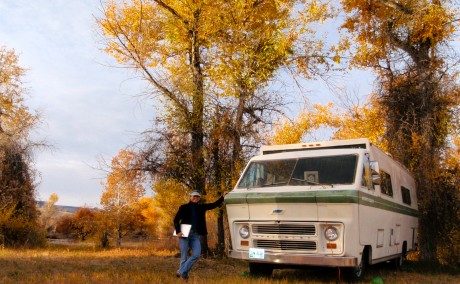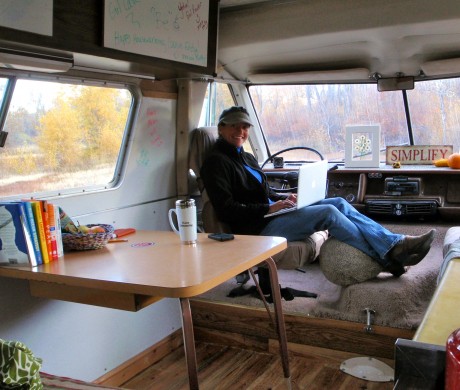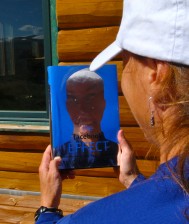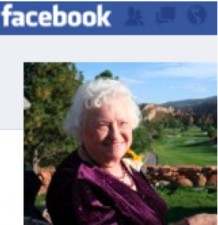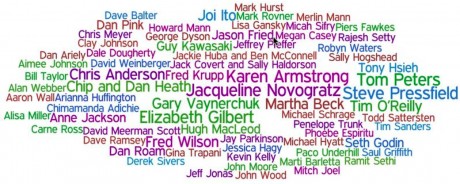Hi friends. I appreciate your readership. I need to ask you a favor. I am trying to win a National Outdoor Leadership School (NOLS) expedition. I entered a video in a contest that ends Friday. I need people to watch the video. (And, if you feel so inclined, please vote/give it a ‘thumbs up’ and/or leave a comment.)
The video is funny. It was a family affair and I hope/think you’ll get at least one laugh out of it. Hopefully.
To watch the video, click HERE, scroll down a bit to a blue button that says “View Entries.” My video is the one with a man in a bright colored shirt and has a headline that says “Help! Shelli Needs a NOLS Expedition.”
Thanks a million, in advance, for watching the video and helping me out. I appreciate it very much!
